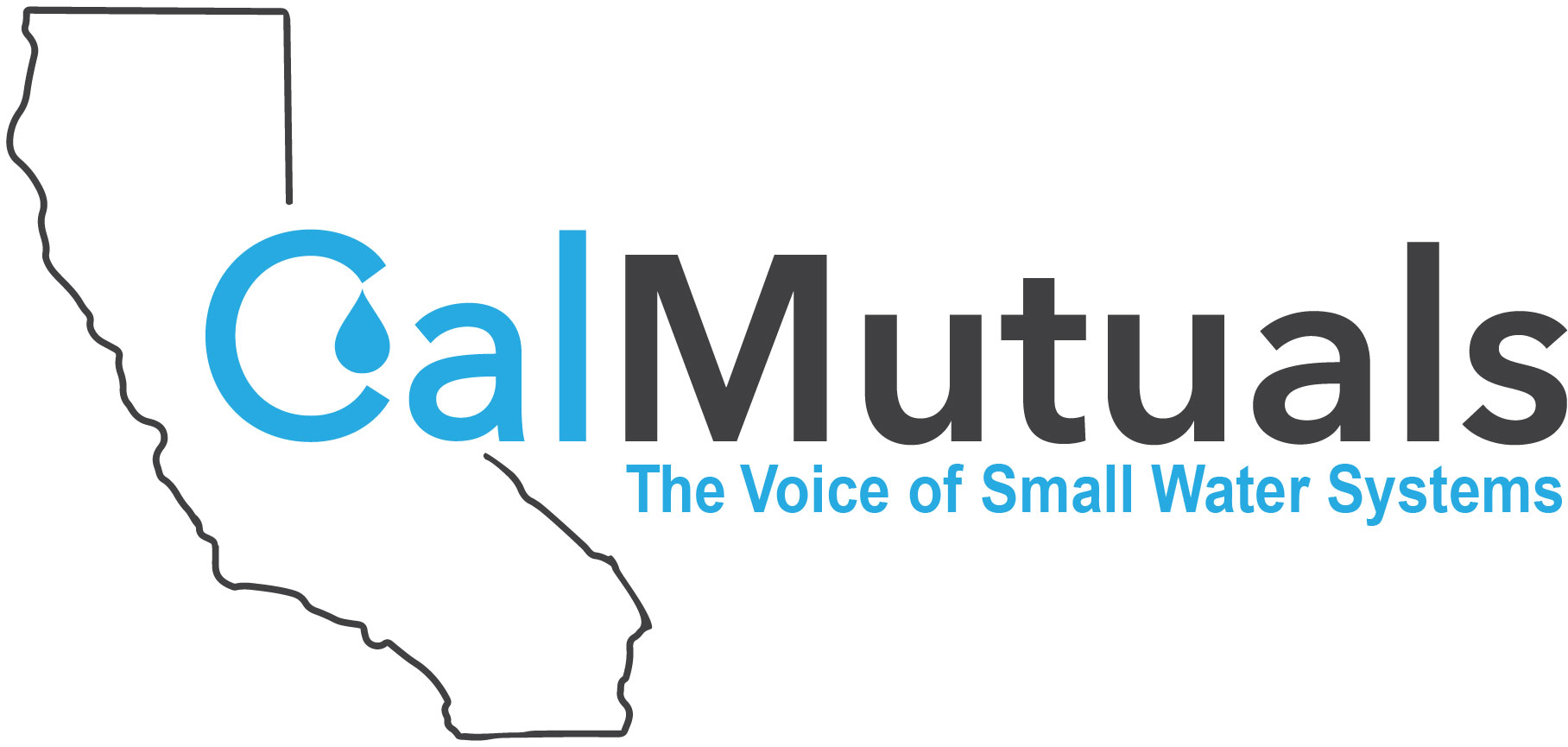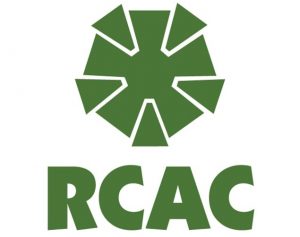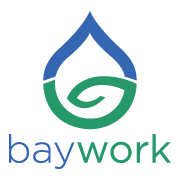RCAC: Water Operator Certification Prep
Hampton Inn and Suites Yuba City 1375 Sunsweet Blvd, Yuba Sutter Room, Yuba City, CA, United StatesDescription: The new California Operator Certification test program allows for operators to take their state exams within weeks of applying. This includes the distribution tests and the treatment tests. This workshop will teach operators the preparation needed for passing these state exams. This will include multiple resources, study materials and guidance needed to apply and take the test. This workshop will also cover the math basics needed to pass both exams while utilizing the state math conversion sheet. Participants will learn : Where to secure study materials Studying basics Water distribution and water treatment basics Water math skills Recommended audience: drinking water operators, laborers and management. Accreditation: 6 California Drinking Water Contact Hours awarded




